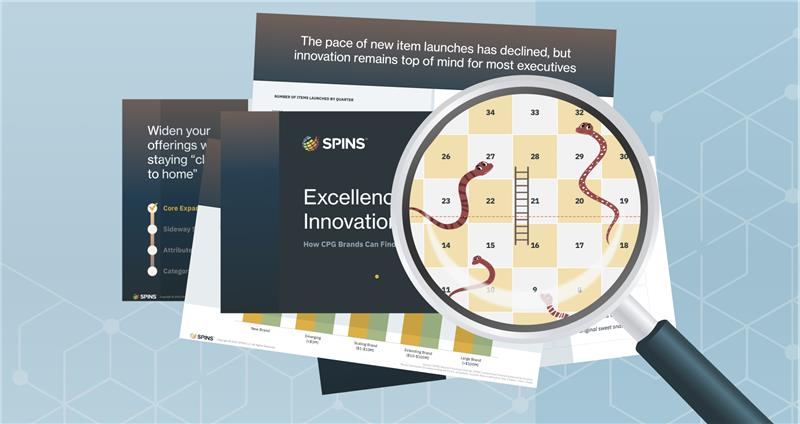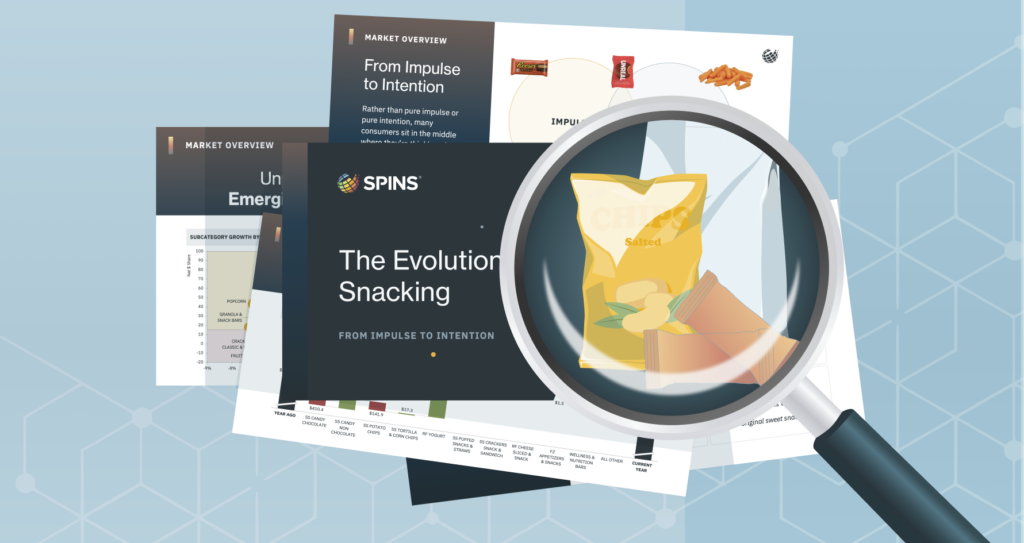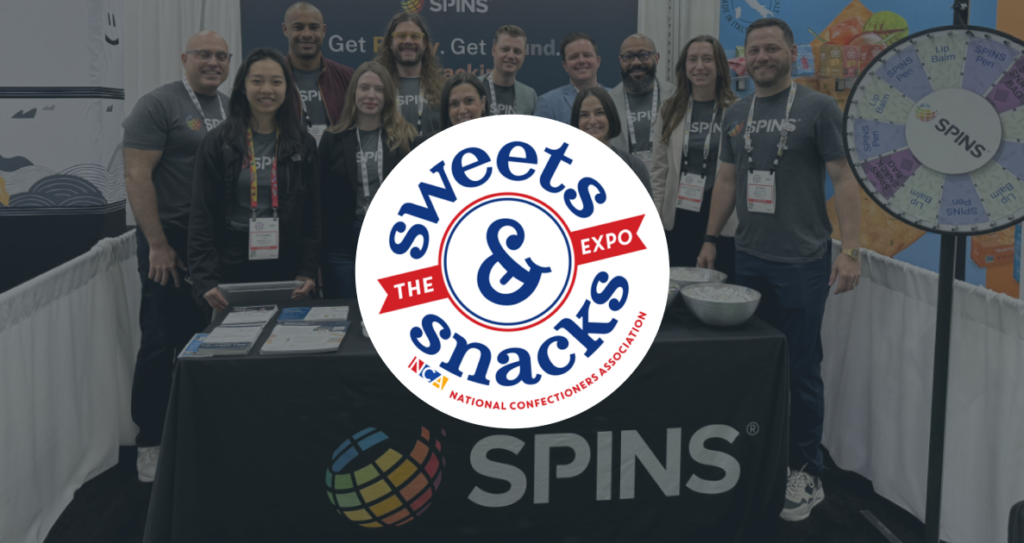Test New Products Strategically
As a retailer, you’ve probably found yourself in a common but important debate: How do you provide customers with their everyday needs while also evolving so you stay relevant in today’s market? When you’re held accountable for your store’s present-day performance and building long-term growth, that’s a tricky balance to strike. Most stores—especially independent and regional grocers—have limited shelf space that can’t accommodate the stream of new products hitting the market every year.
Independent and regional grocers didn’t always have access to data because it was often scaled only to enterprise retailers or was so complicated it felt like it required a Ph.D. to understand. That has thankfully changed and now retailers of all sizes are relying on data to test products, explore emerging brands, and discover the niche their store can own. Here’s how retail leaders—from category managers to executives—are doing it.
What is Product Intelligence?
Product Intelligence is attribution information that SPINS captures from products, including front-of-label, and back-of-label, and brand call-outs.
“We think it’s powerful to not only call out what is in the product but also what isn’t,” says Kristin Litchfield, Director of Business Development (Product Intelligence) at SPINS. “Think allergies, diets—shoppers are becoming savvier about what they’re looking for.”
As more shoppers make purchases, the SPINS Product Intelligence attributes library gathers more information that you can learn from and plug into various aspects of your business.
Expert Lens: Best Practices for Product Assortment Planning
Why Do Retailers Rely on Product Attributes in Assortment Planning?
Litchfield says that those savvy shoppers are a great reason to integrate data into your day-to-day operations: It’s both a window into what customers want and also meets customers where they are. For example, in the last year, COVID has accelerated the online experience and eCommerce habits, and product Intelligence attributes helped retailers deliver a better customer experience across all of those fronts.
For instance, certifications play an increasing role in buying motivation for shoppers committed to sustainability, a specific diet, or transparent product methods. SPINS attributes include certifications so you can something more interesting is going when clean products are selling well across categories.
A specific chocolate product doing well might not seem noteworthy, but if it shares the same clean label certification that is also on growing plant-based burger patties and oat milk, then it’s probably a trend you should take a closer look at and promote to customers on at every possible interaction. Carrying more of these products doesn’t just let you gain sales from a growing trend; it also signals to the shopper that you are leading the way for new options they should try or that few other retailers are providing.


By looking at category performance data and popular and unpopular attributes, retailers can analyze what is happening with shoppers across the market and within their own stores.
How Retailers Are Finding Innovation in Assortment Planning
Retailers are excited to spot these trends, in no small part because we’re still in the midst of a world without the usual gamut of trade shows. Without these expos, finding innovation has been difficult over the last year and will continue to be a challenge until events and travel return to normal throughout the country.
The SPINS team works closely with retailers to ensure they’re getting the data and insights they need to catch those emerging trends and establish themselves as a destination for today’s (and tomorrow’s) hottest items.
By looking at category performance and popular and unpopular attributes, retailers and SPINS can analyze what is happening with shoppers across the market and within their own stores.
It’s not just about looking at the data; it’s about understanding what customers are telling you. If, for example, vitamins and supplements continue to sell as well as they have been over the last year, then you might look at beverages and snacks with immunity-focused functional ingredients. Your shoppers might still be concerned about maintaining a strong immune system to stay healthy and out of the doctor’s office. Getting the right product assortment works best when good data meets helpful insights.
Discover how SPINS can help you configure the right product assortment that will show your customers you know what emerging trends and innovative products they care about.





